Top stories
Insights
Top stories
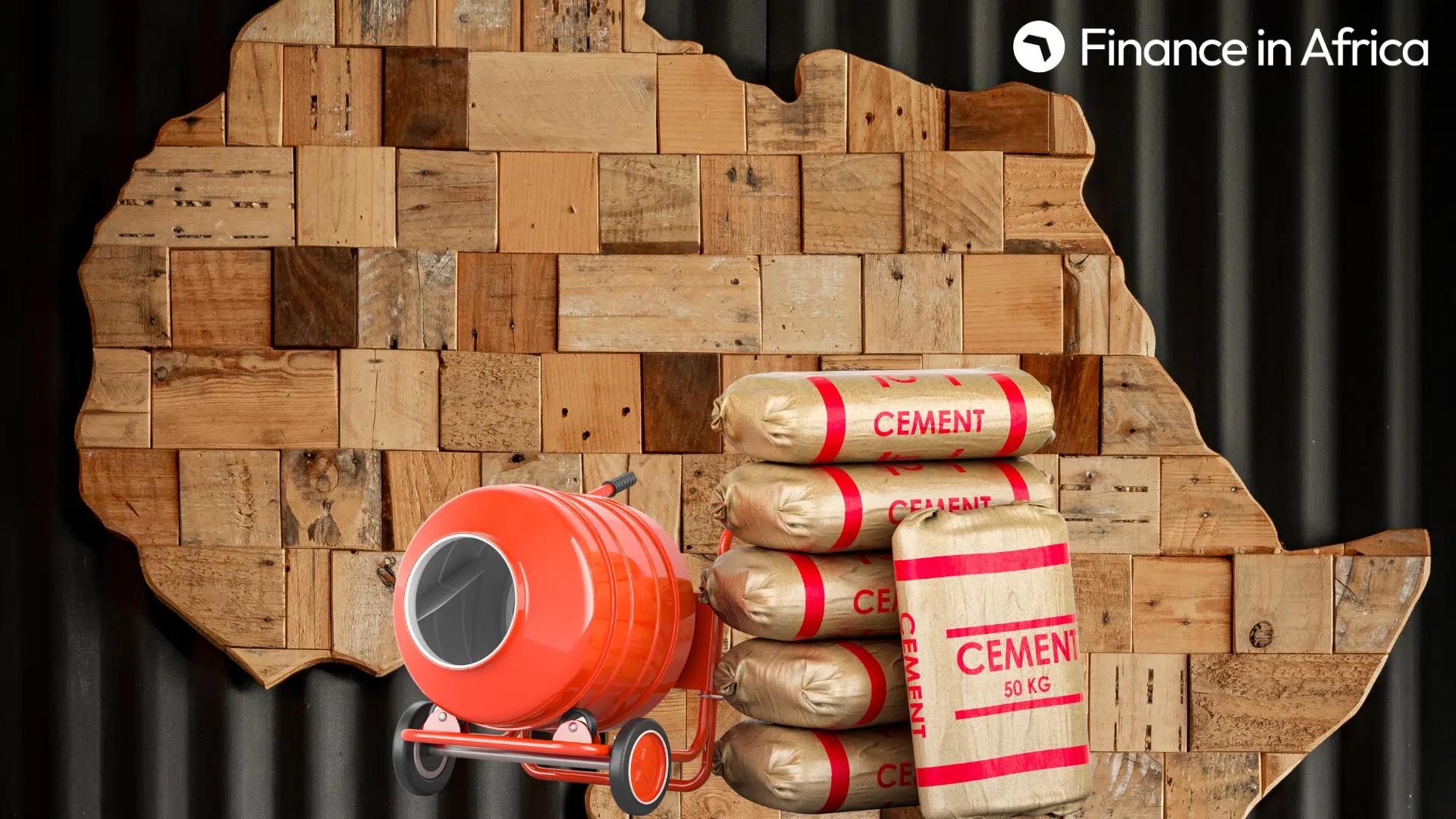
Africa’s cement capacity spans the continent, but 2024 results show profits concentrated in Nigeria and Morocco, exposing sharp regional divides in margins and resilience.
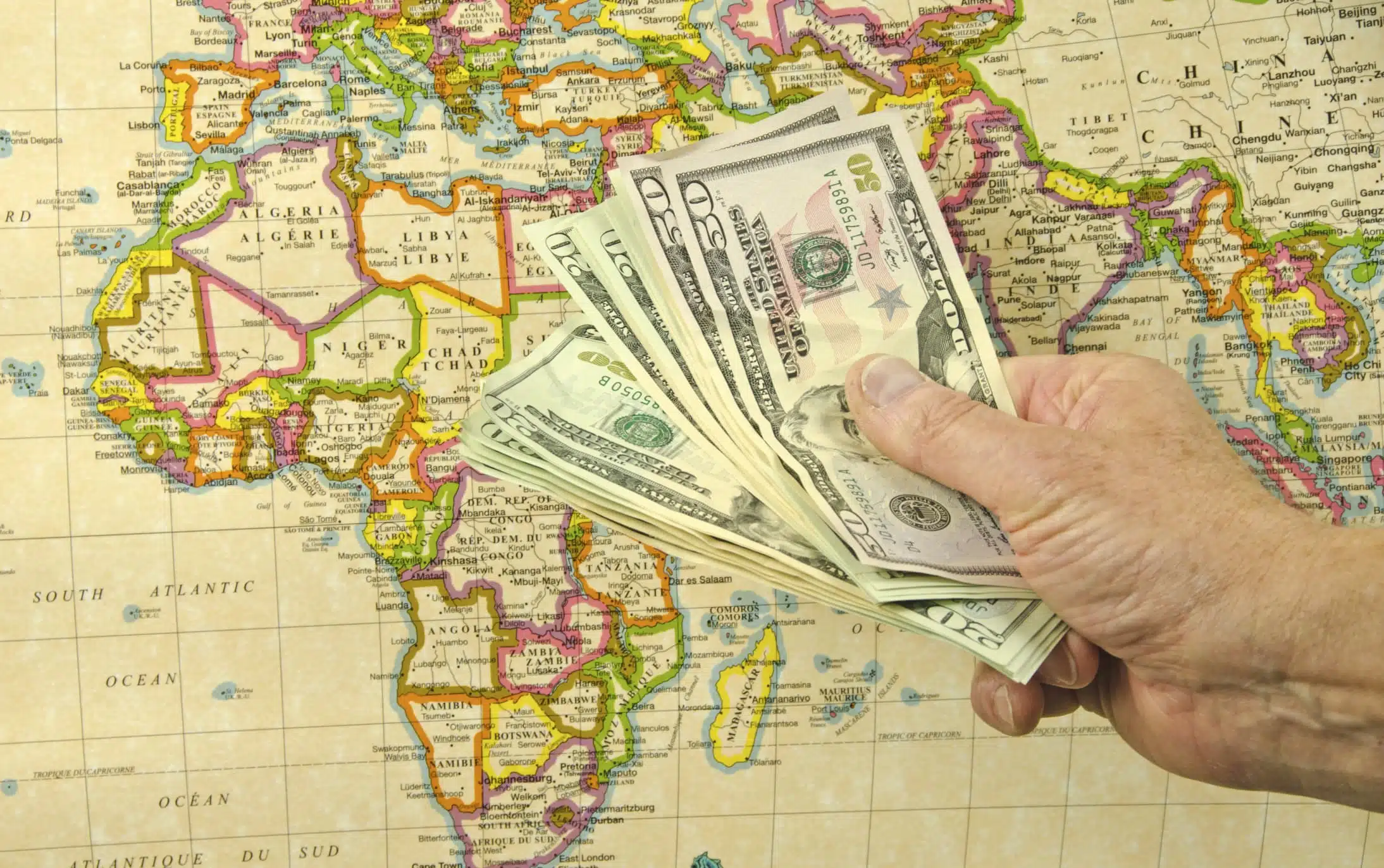
A growing divergence between Nigeria’s foreign portfolio investments and FDI inflows has reawakened concerns about investor appetite for longer-term commitments in the West African economy.

Why carbon markets are emerging as a tool not just for emissions reduction, but for supporting jobs, infrastructure, and community development across Africa
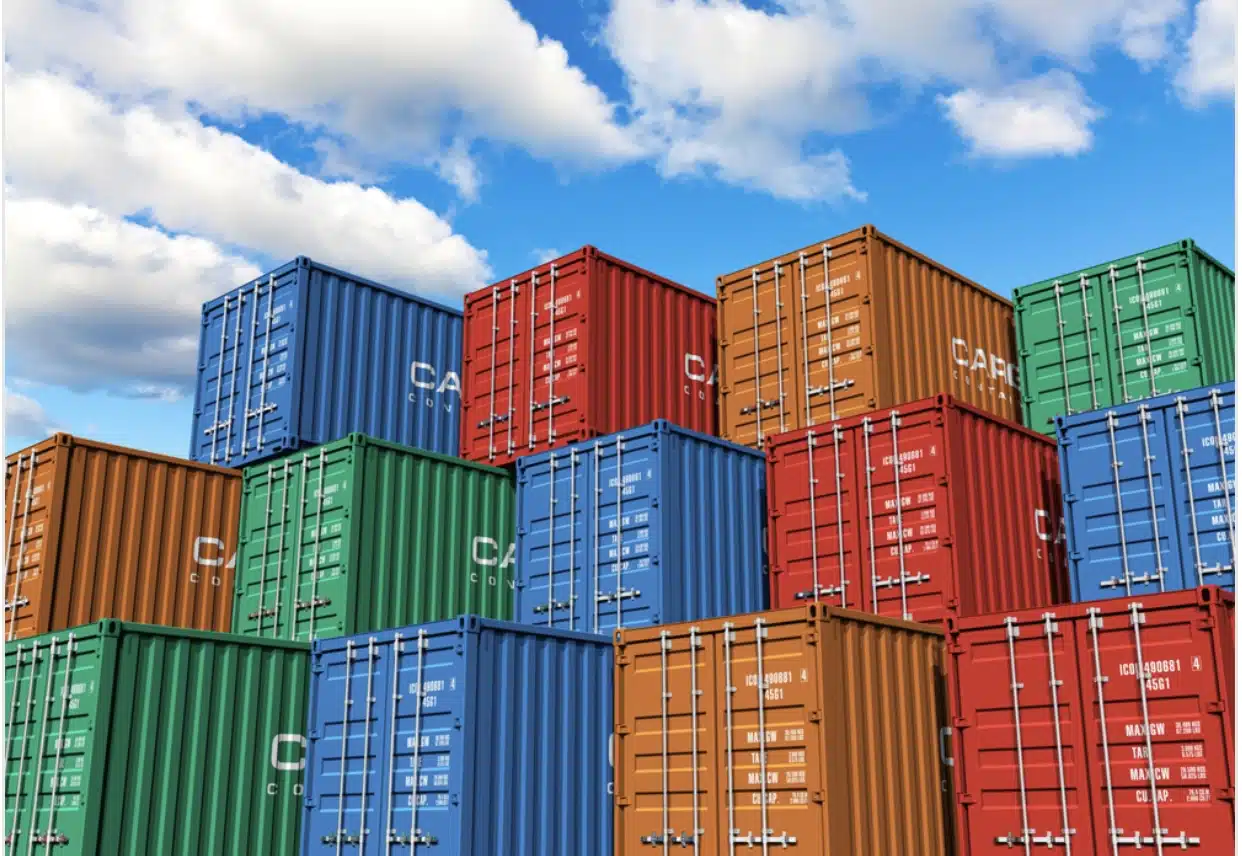
Kenya is reviving negotiations with the US as its trade deficit with Washington widens sharply, underscoring growing pressure on Nairobi to rebalance trade flows with one of its largest export markets.
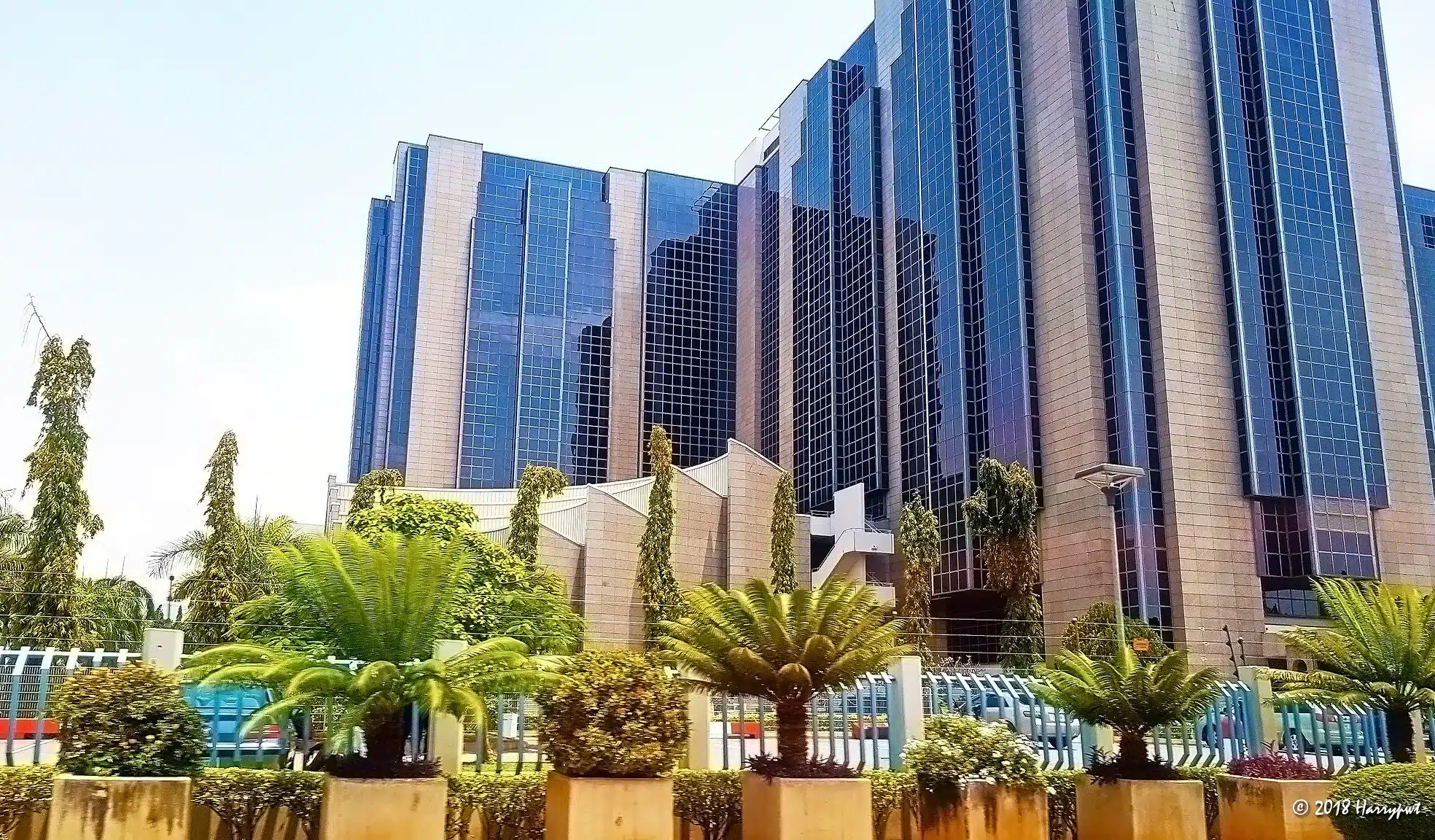
Nigeria’s fintech ecosystem is one of Africa’s most vibrant, with its nucleus positioned in Lagos. According to the 2024 annual data released by the Nigeria Inter-Bank Settlement System (NIBSS)…
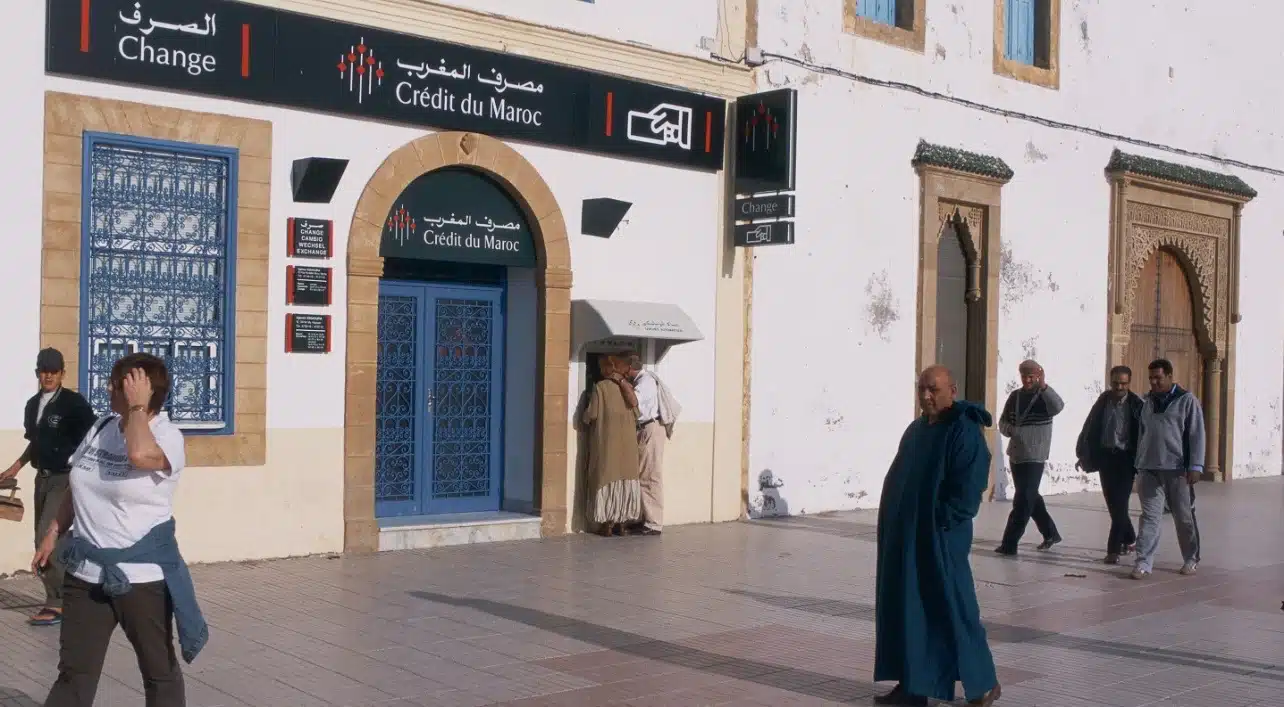
S&P Global expects Moroccan banks to step up lending to corporate borrowers in 2026 as large-scale infrastructure spending, pro-business reforms and steady economic growth create a more supportive operating backdrop.
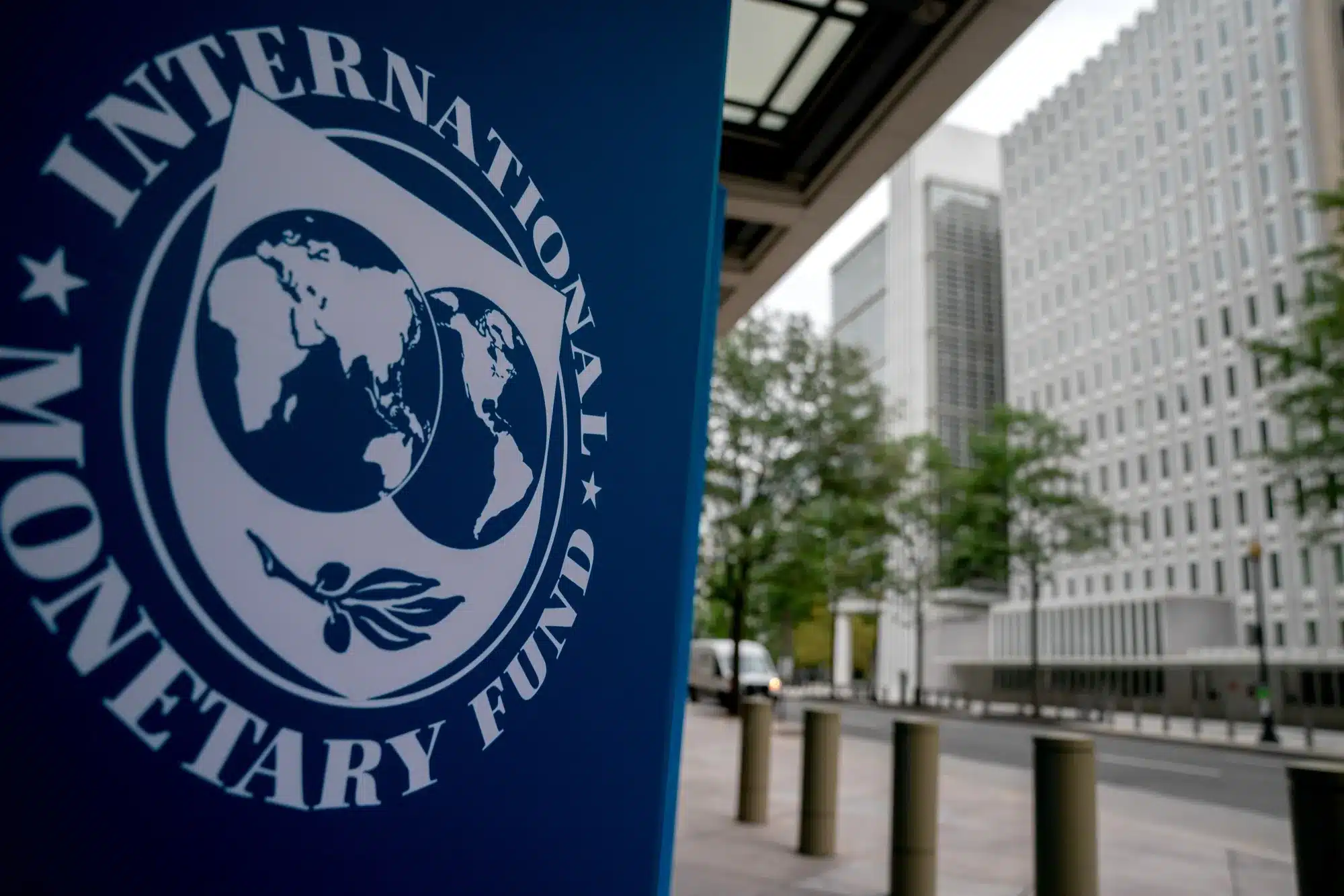
African governments are borrowing to drive growth, but rising debt costs and weak revenues are forcing tougher fiscal rules and sharper trade-offs between stability and development.
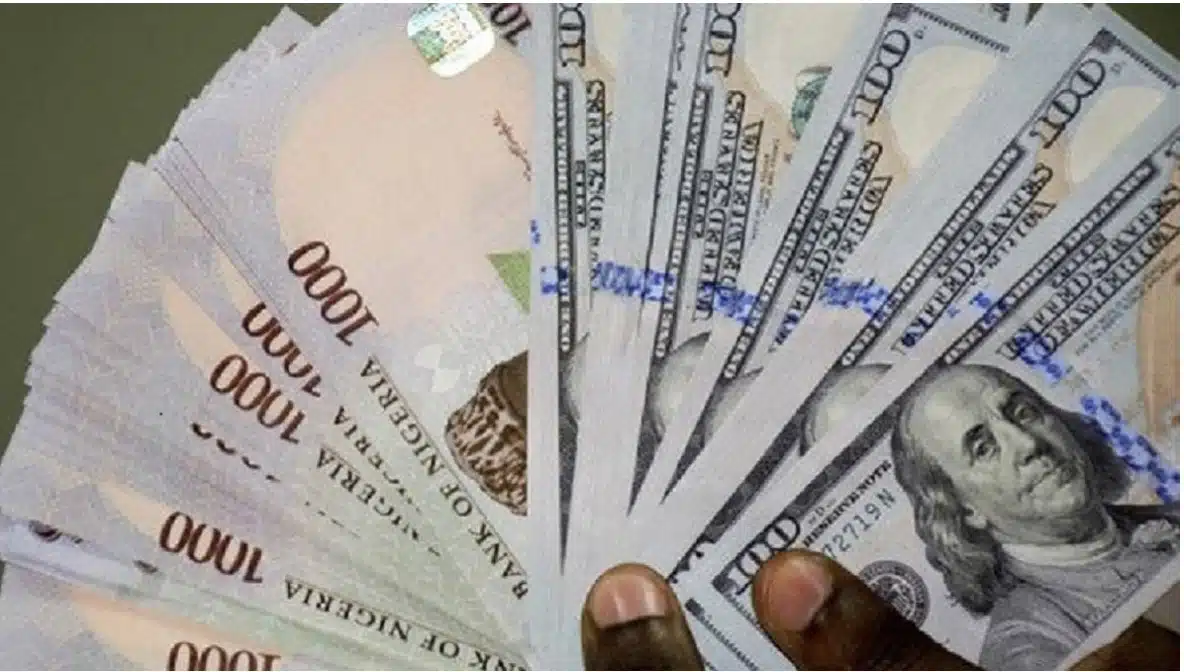
The majority of Nigerian chief executives are stepping into 2026 with growing confidence that improved business conditions at home will translate to stronger earnings to their organizations even as growth risks deepen.

Nigeria’s digital lending boom is widening credit access and fuelling growth, but weak regulation, high defaults and tax gaps threaten fiscal stability across Africa’s fintech surge.
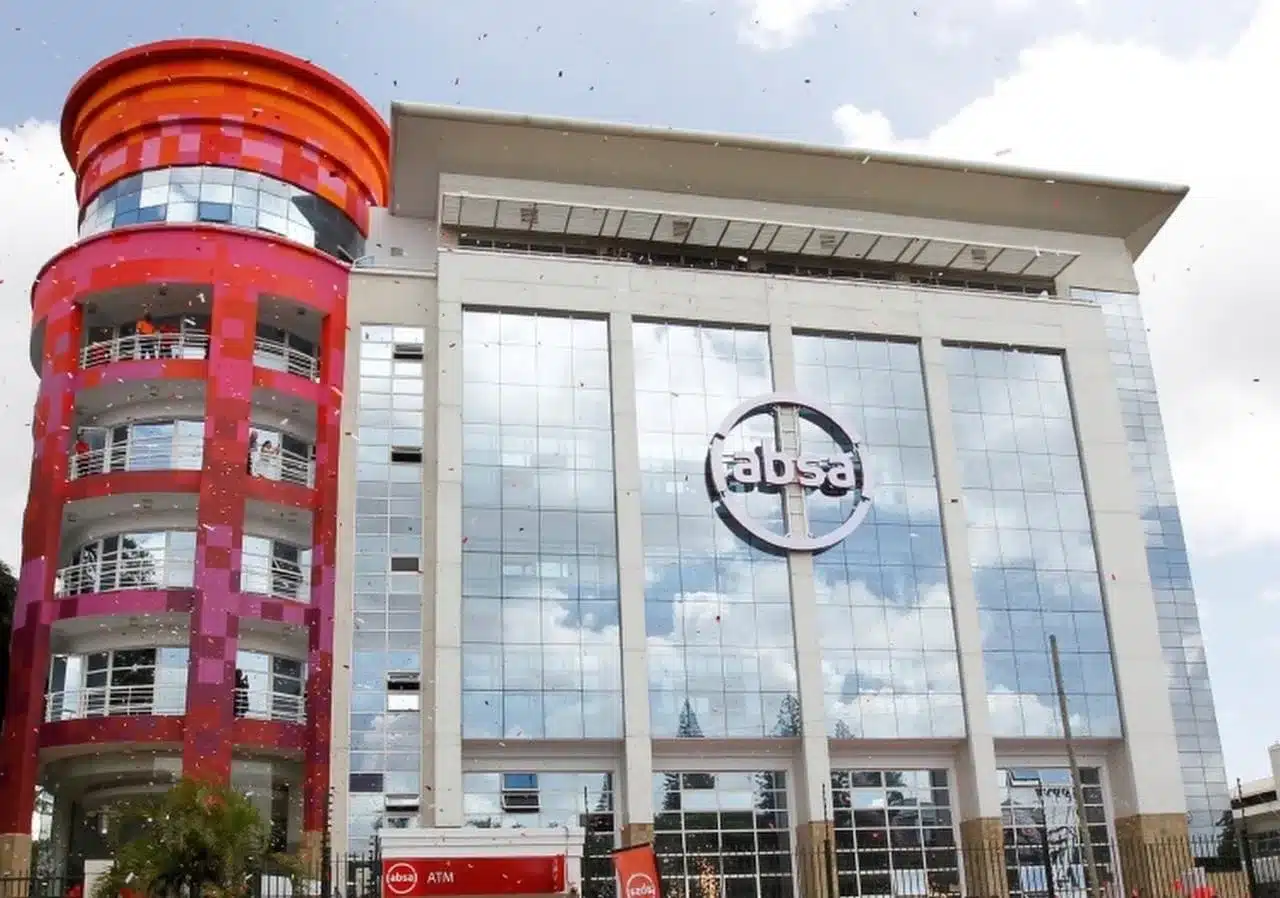
Absa maintains that while the country’s recent financial market reforms are encouraging, it will only consider entry once the rules are less restrictive.

Banks in Egypt and Nigeria are likely to see profits drop in 2026 as central banks accelerate interest rate cuts following a sharp slowdown in inflation and increasingly favorable macroeconomic conditions, S&P Global said in its latest Africa banking outlook.
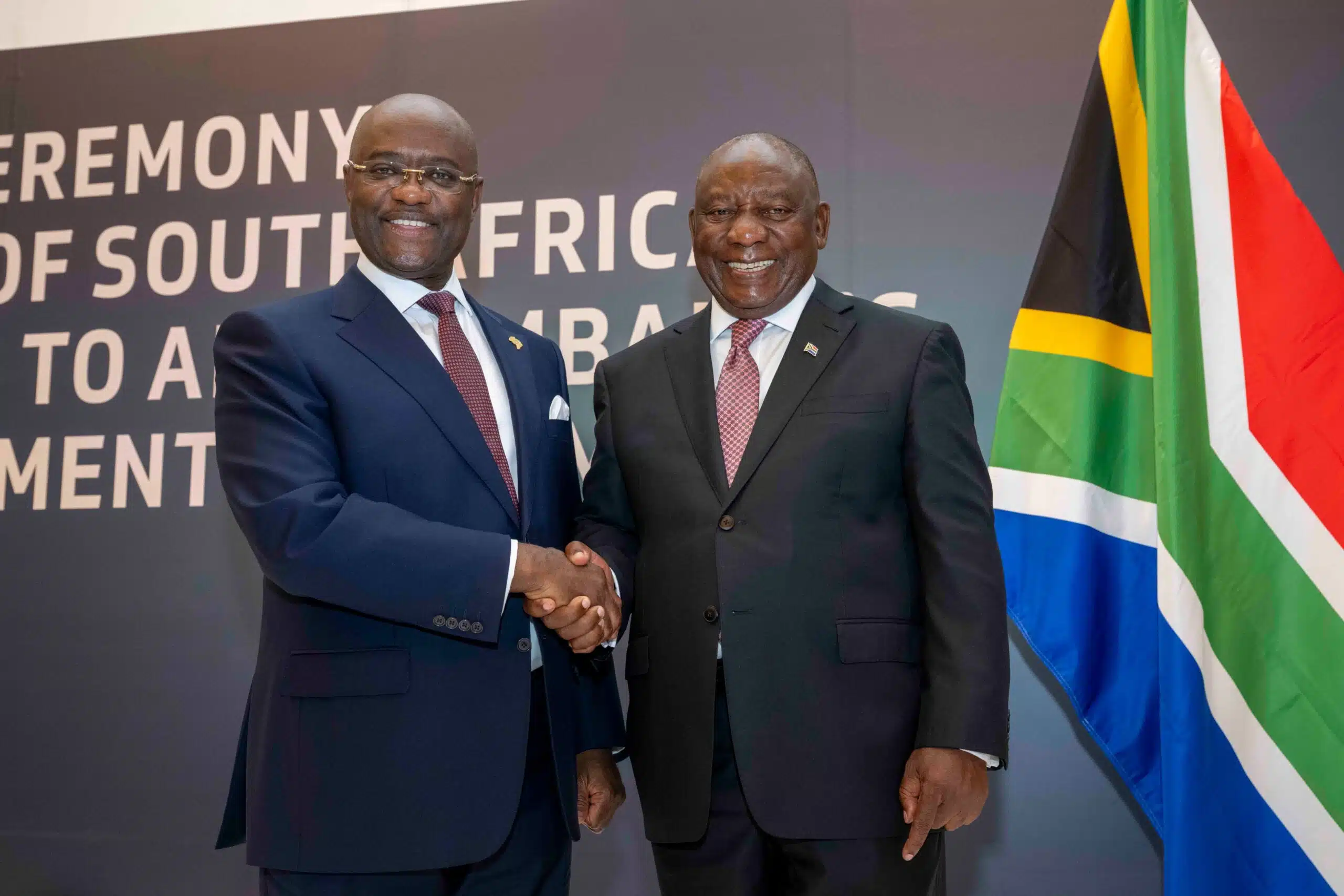
South Africa has joined Afreximbank, completing the lender’s continental membership and strengthening its institutional standing as it faces rating pressure and tighter global funding conditions.
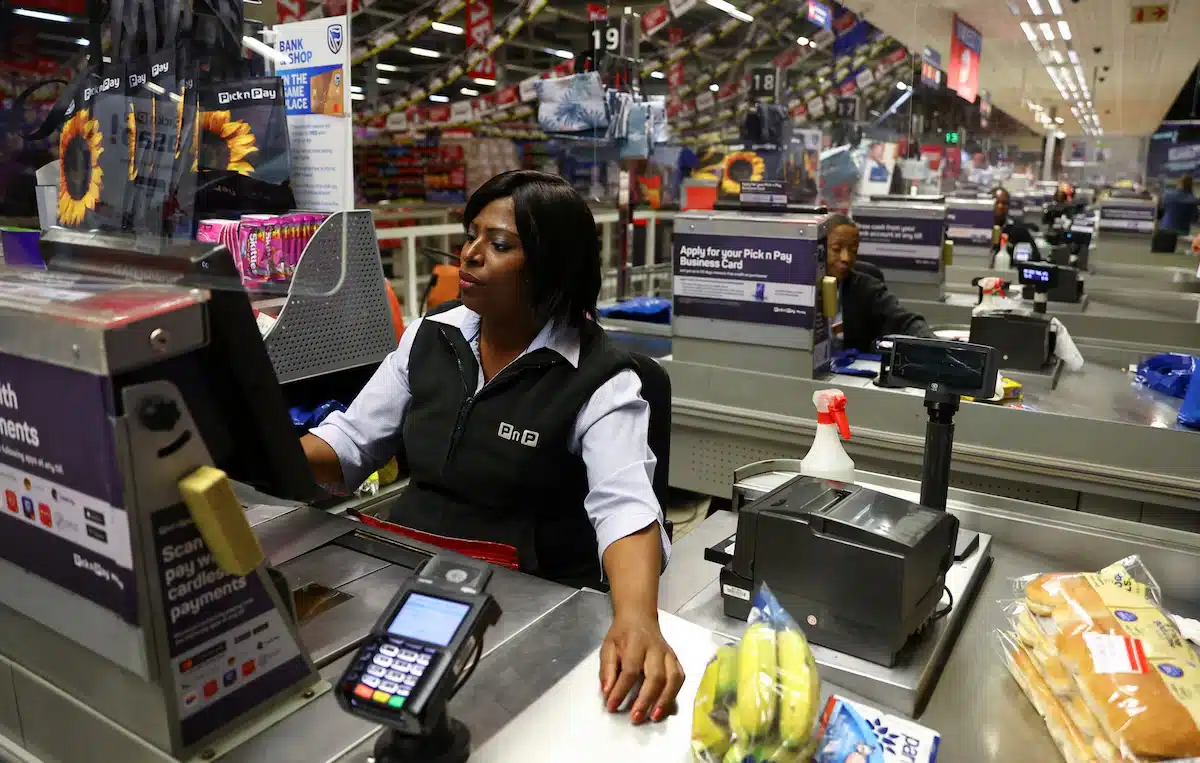
Overall, business momentum eased across most of the reviewed markets in January, with seven of the eight economies registering a softer PMI reading compared with December, except South Africa.
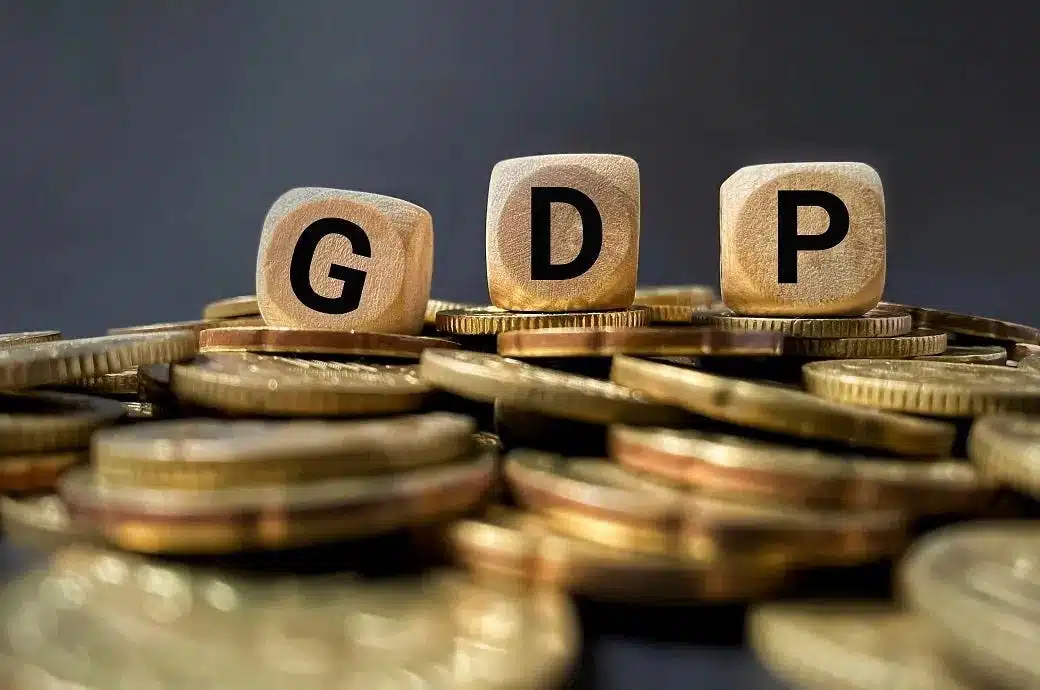
The projected slowdown comes even as macroeconomic conditions stabilise and investor sentiment improves amid ongoing reforms in West Africa’s largest economies.
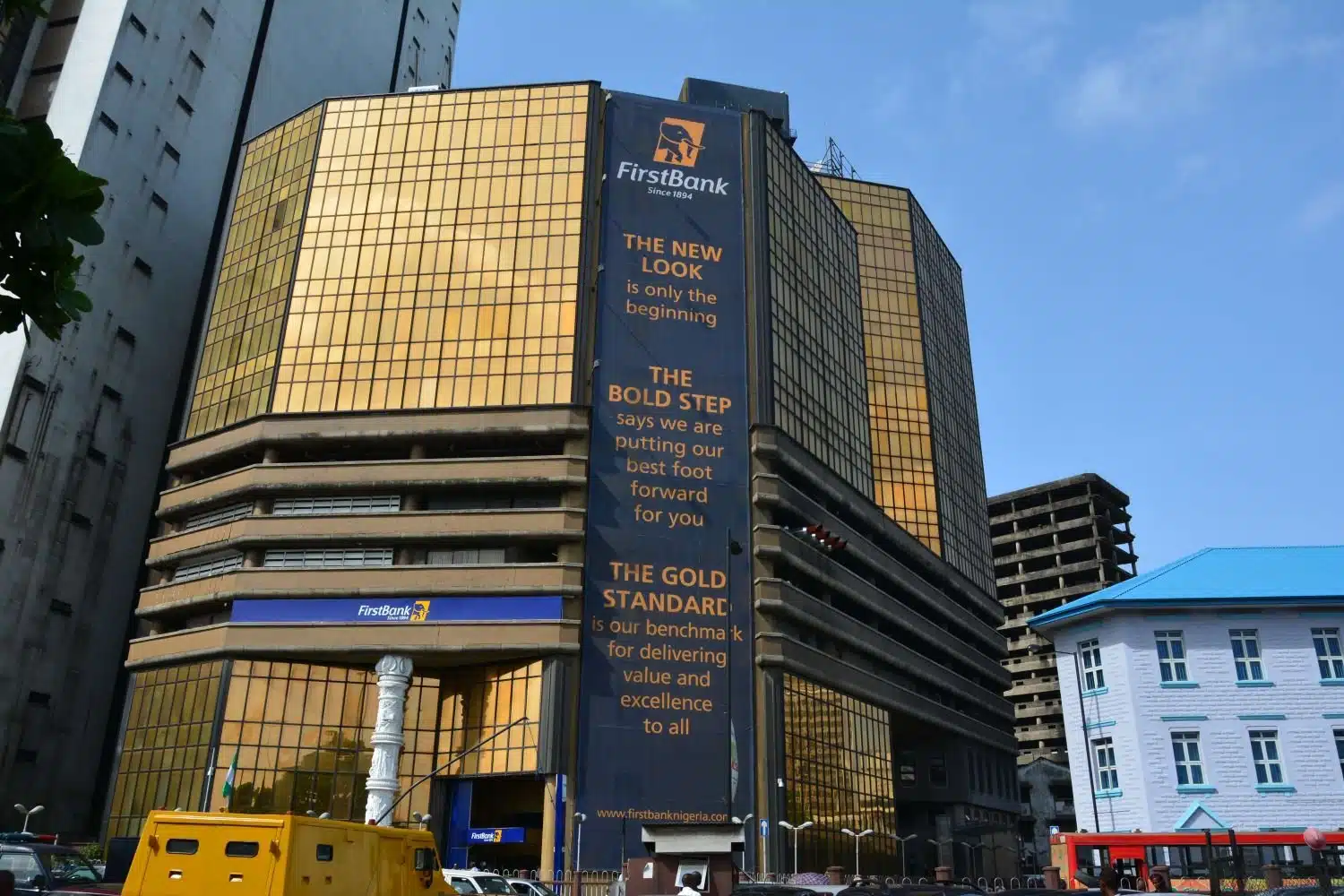
First HoldCo’s earnings per share collapsed in 2025 after heavy loan-loss provisions and divestment losses wiped out profits, even as interest income hit record levels.
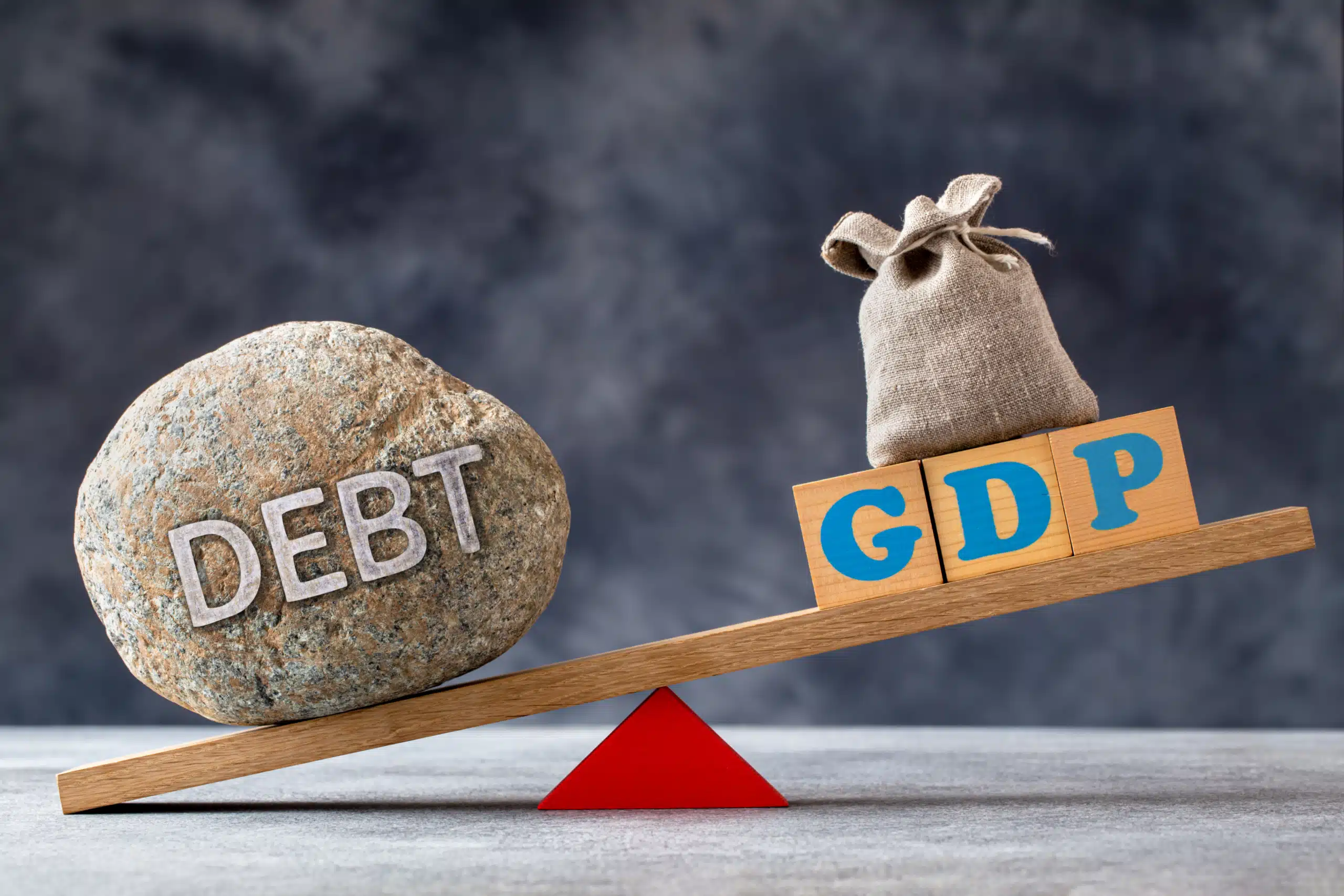
The tool, developed by the Alliance of African Multilateral Financial Institutions (AAMFI), is intended to help regions lenders coordinate support for countries under strain and reduce the risk of protracted disputes during debt restructurings.
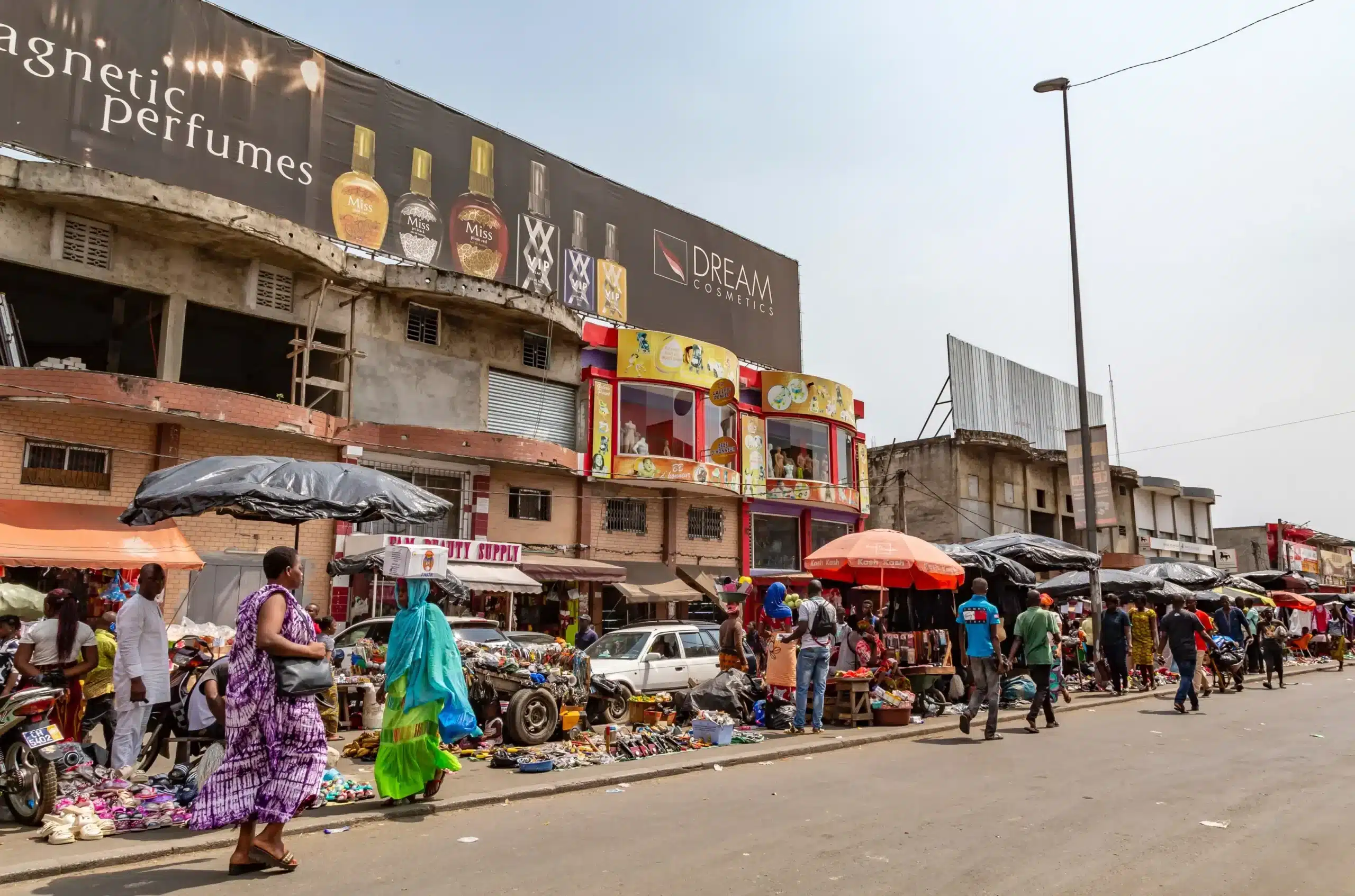
On the news and on paper, the country’s economy is recovering and stabilising, but it appears that people’s bellies and traders’ inventories are yet to see this in reality.
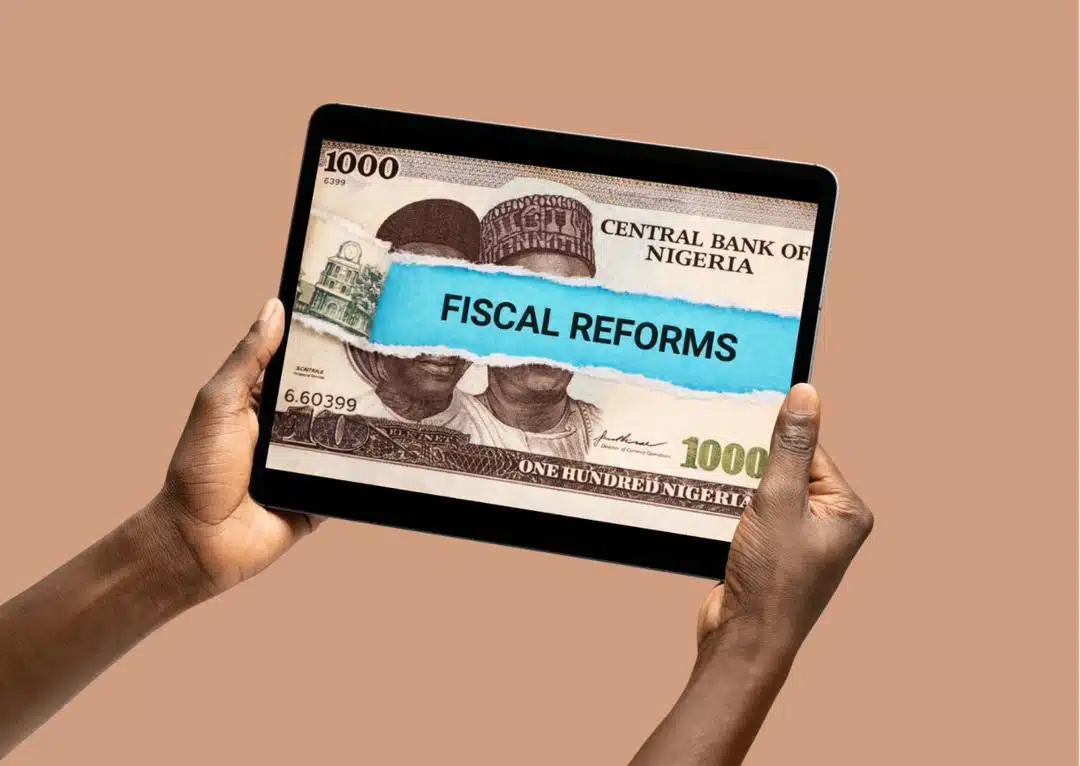
Nigeria’s 2026 fiscal strategy hinges on tighter cash control, selective divestments and PPPs. Global precedents offer hope, but execution risks could test credibility and growth.

January’s disbursements, which includes a record $500 million auction, represents 82% of the $780 million sold throughout 2025, highlighting a significant acceleration in the scale of market operations.
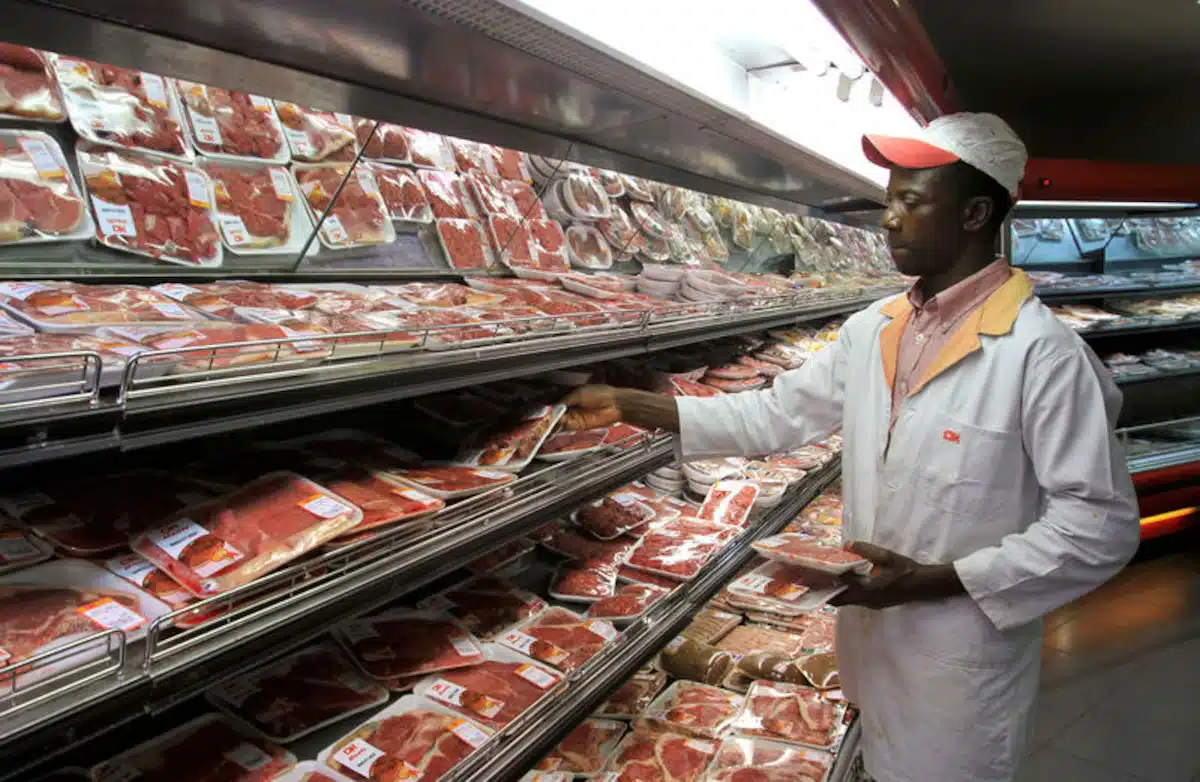
Official data show Zimbabwe’s annual inflation slowed sharply to 4.1% in January, from 15% in December and 10.1% a year earlier, as the country’s gold-backed currency strengthened on the back of record bullion prices.
